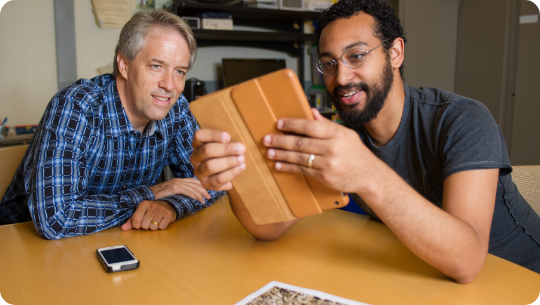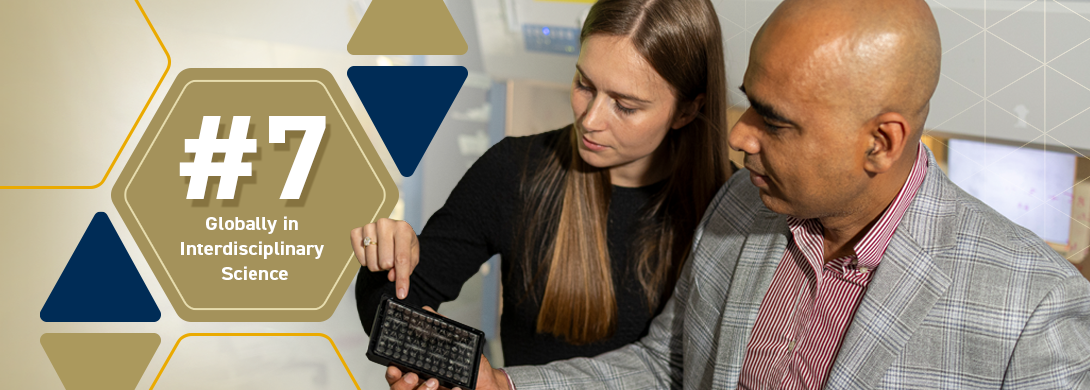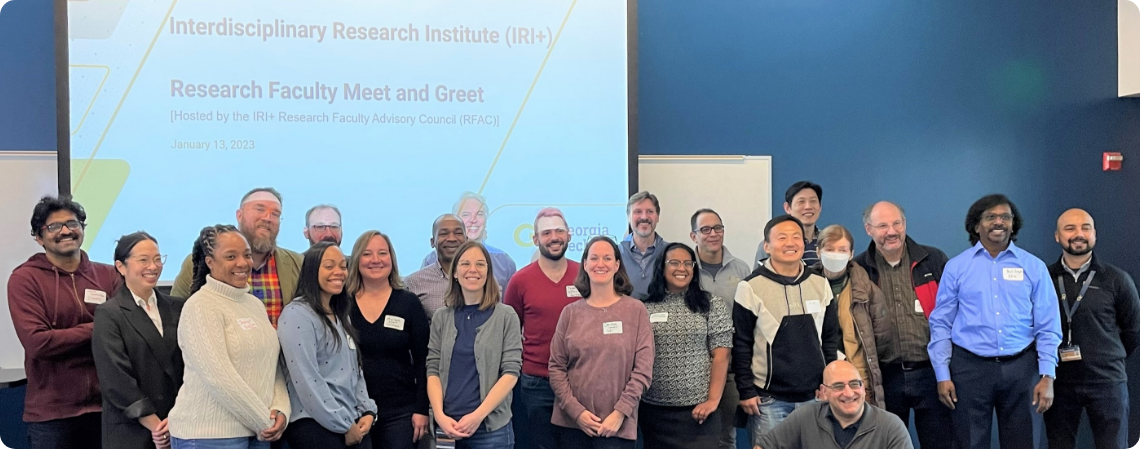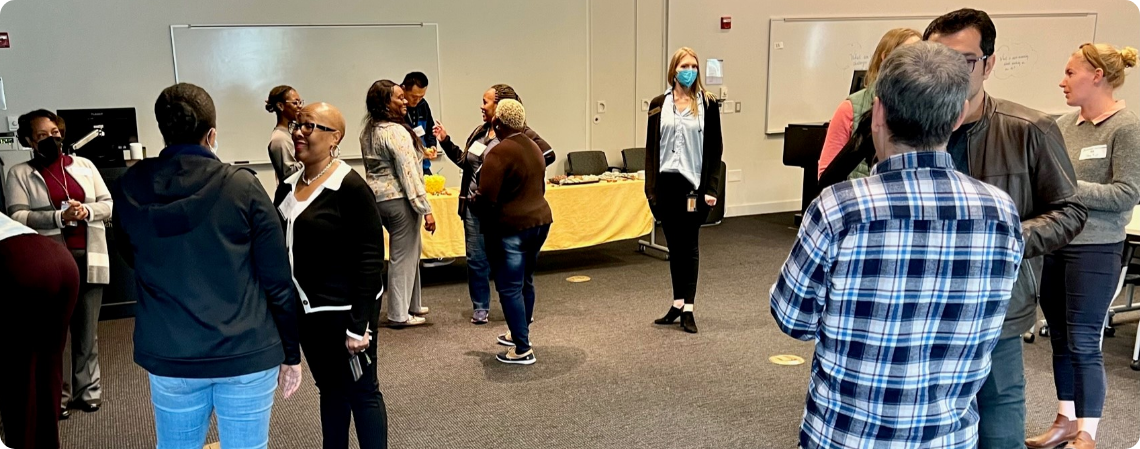 Interdisciplinary research initiatives at Georgia Tech enable researchers to achieve goals that cannot be met within other structures. Georgia Tech's eleven Interdisciplinary Research Institutes (IRIs) bring together researchers from different disciplines to address topics of strategic importance to the Institute as well as local, state, national and international communities.
Interdisciplinary research initiatives at Georgia Tech enable researchers to achieve goals that cannot be met within other structures. Georgia Tech's eleven Interdisciplinary Research Institutes (IRIs) bring together researchers from different disciplines to address topics of strategic importance to the Institute as well as local, state, national and international communities.
The Office of the Vice President for Interdisciplinary Research supports Georgia Tech faculty to advance collaboration with Historically Black Colleges and Universities and other Minority-serving Institutions, Department of Energy National Laboratories, corporate partners, community organizations, and local, state, and federal governmental agencies.
Many of Georgia Tech’s faculty are engaged in interdisciplinary research that tackles national and international challenges and questions related to climate change, clean energy, public health, biotechnology, the bioeconomy, artificial intelligence, quantum information science, advanced manufacturing, and semiconductors. These faculty along with students from Georgia Tech’s seven colleges and 30 schools, tackle research problems through our IRIs, the Pediatric Technology Center, and the Novelis Innovation Hub.
Georgia Tech also supports the administration of interdisciplinary research through programming and fiscal management, prioritizing career development for research faculty and staff, and promoting and amplifying the impact of IRI-led research with proactive communications and representation in national thought leadership roles.














